Some science seems silly, but it’s still worthwhile
The Salmon Cannon and the Levitating Frog contends that curiosity-driven research helps us understand the world and could lead to unexpected benefits.
Every print subscription comes with full digital access

With greater control over the quantum realm, physicists are poised to make major leaps in quantum computing, quantum gravity and more.
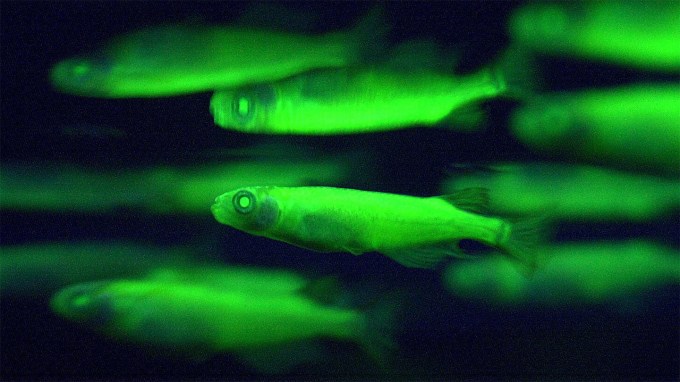
The Salmon Cannon and the Levitating Frog contends that curiosity-driven research helps us understand the world and could lead to unexpected benefits.
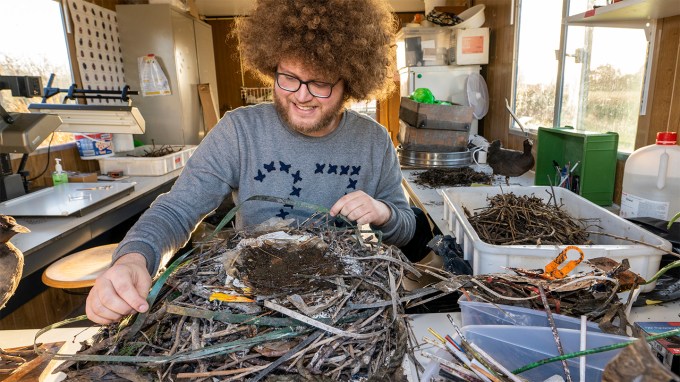
Plastic waste has let common coots reuse nests year after year. Scientists have now used the trash layers to date how old nests are.
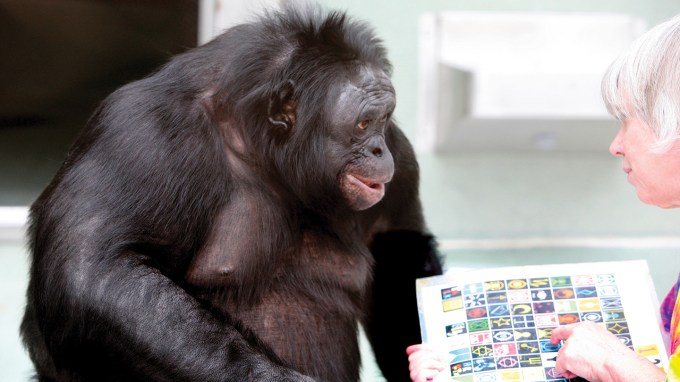
Kanzi showed apes have the capacity for language, but in recent years scientists have questioned the ethics of ape experiments.

Scientists and journalists share a core belief in questioning, observing and verifying to reach the truth. Science News reports on crucial research and discovery across science disciplines. We need your financial support to make it happen – every contribution makes a difference.
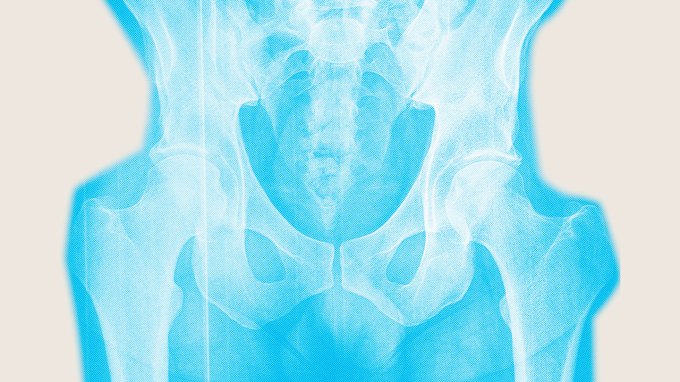
Screening for osteoporosis is recommended at age 65, but experts say women should be proactive about bone health long before that.
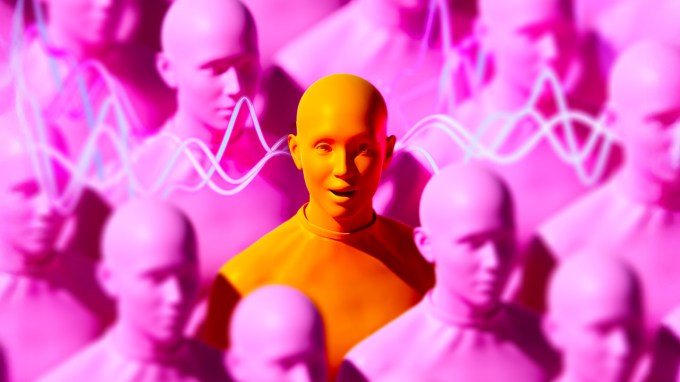
Private listening out in the open is possible thanks to acoustic metasurfaces that precisely bend and direct sound waves.
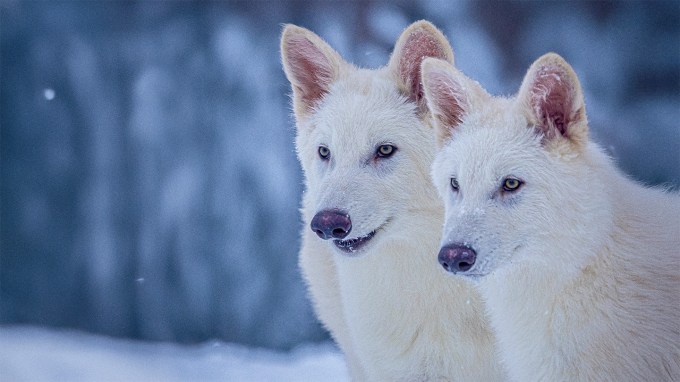
Some question whether the pups are really dire wolves, or just genetically tweaked gray wolves. But the technology could be used to help at-risk animals.

A miso test on the International Space Station shows fermenting food is not only possible in space, it adds nuttier notes to the Japanese condiment.

The DESI experiment shocked cosmologists with a hint that dark energy varies over time. Now, with more data, the conclusions hold up.

Two companies have announced photonic devices that could solve specific real-world problems faster and with less energy than conventional computers.

A brain scanning study of babies reveals how some of the earliest memories are made.

Cement manufacture is a huge carbon emitter. A by-product of splitting seawater might make the process more environmentally friendly.
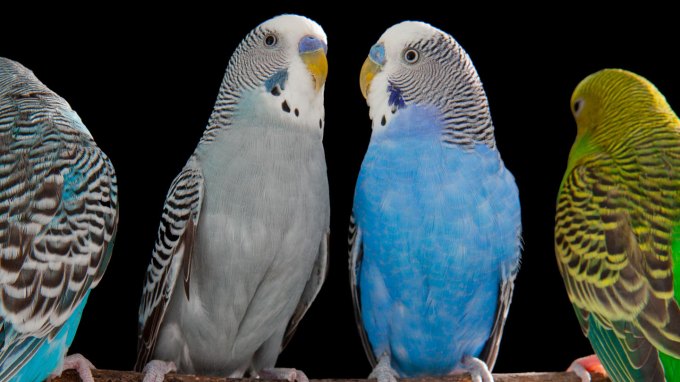
Brain activity in vocalizing budgerigar parrots showed a pattern that harkened to those found in the brains of people.
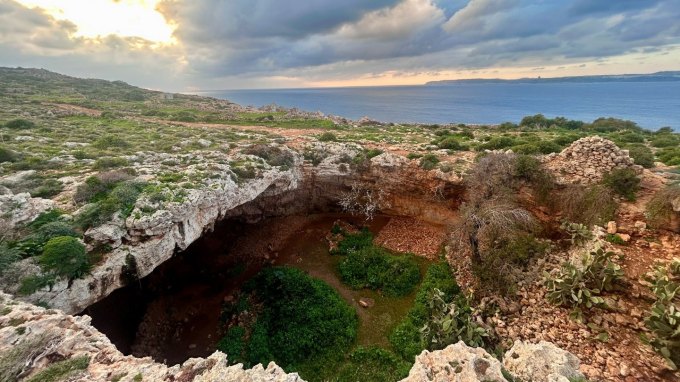
New archaeological finds in Malta add to an emerging theory that early Stone Age humans cruised the open seas.
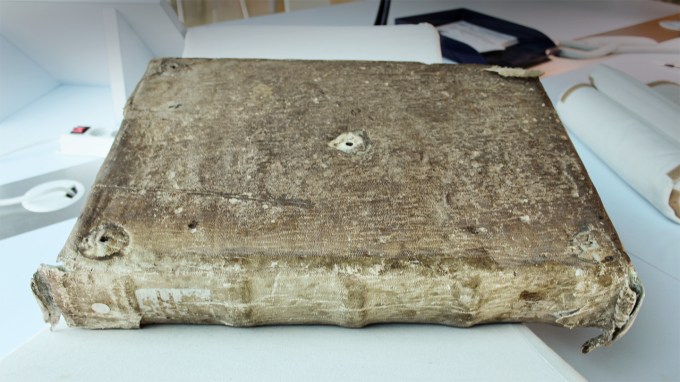
The furry seal skins may have made their way to French monasteries from as far away as Greenland.
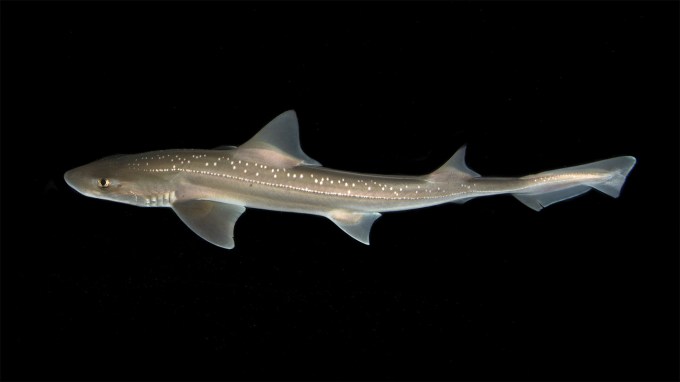
The ocean can be a symphony of fish grunts, hums and growls. Now add tooth-clacking sharks to the score.
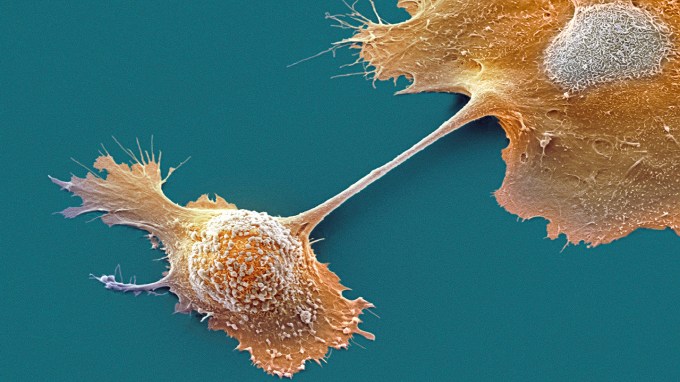
A vaccine kept patients free of pancreatic cancer for years, yet new reports say the NIH is advising against mentioning mRNA tech in grants.
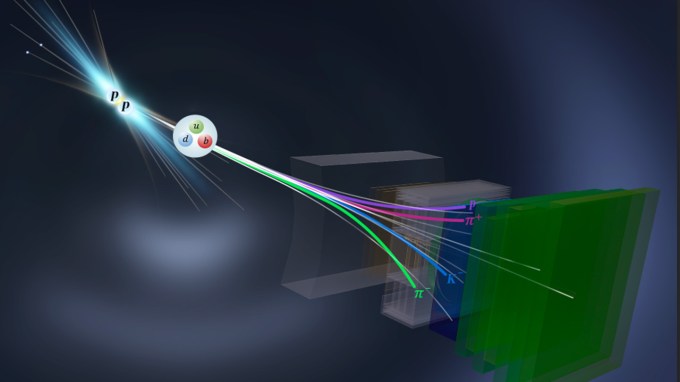
Charge-parity violation is thought to explain why there’s more matter than antimatter in the universe. Scientists just spotted it in a new place.
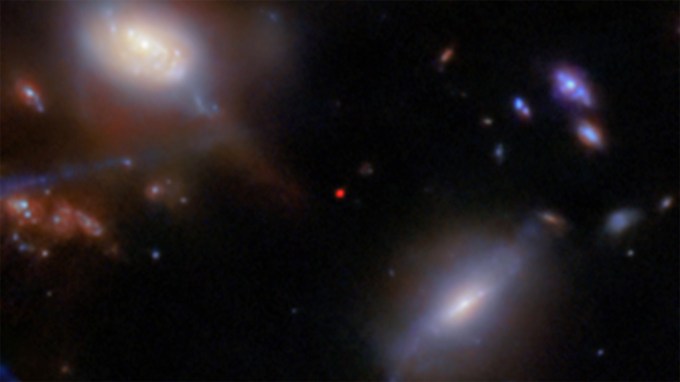
The galaxy, called JADES-GS-z13-1, marks the earliest sign yet spotted of the era of cosmic reionization at 330 million years after the Big Bang.

In a small study, mice given fecal transplants from elite cyclists and soccer players had higher levels of glycogen, a key energy source.
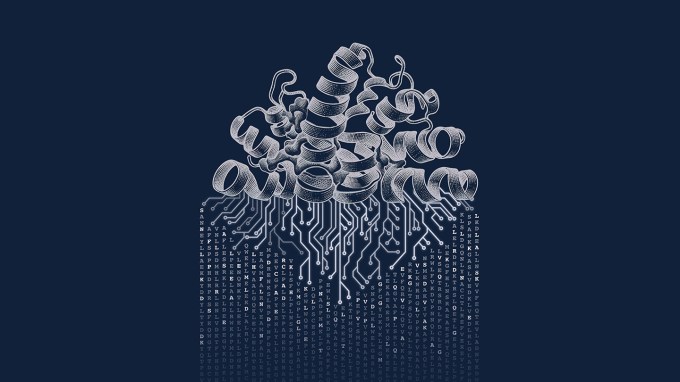
A new set of artificial intelligence models could make protein sequencing even more powerful for better understanding cell biology and diseases.
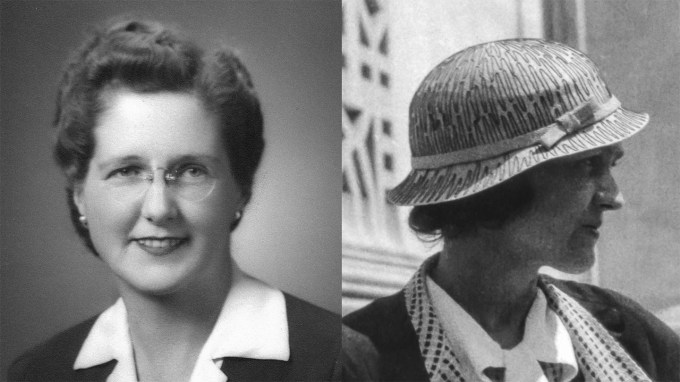
The new book, Women in the History of Quantum Physics, spotlights the oft-forgotten contributions of women scientists in the field.

Solve the math puzzle from our June 2025 issue, in which friends must find ways to all enjoy hot mud beds.
Subscribers, enter your e-mail address to access the digital replica edition.